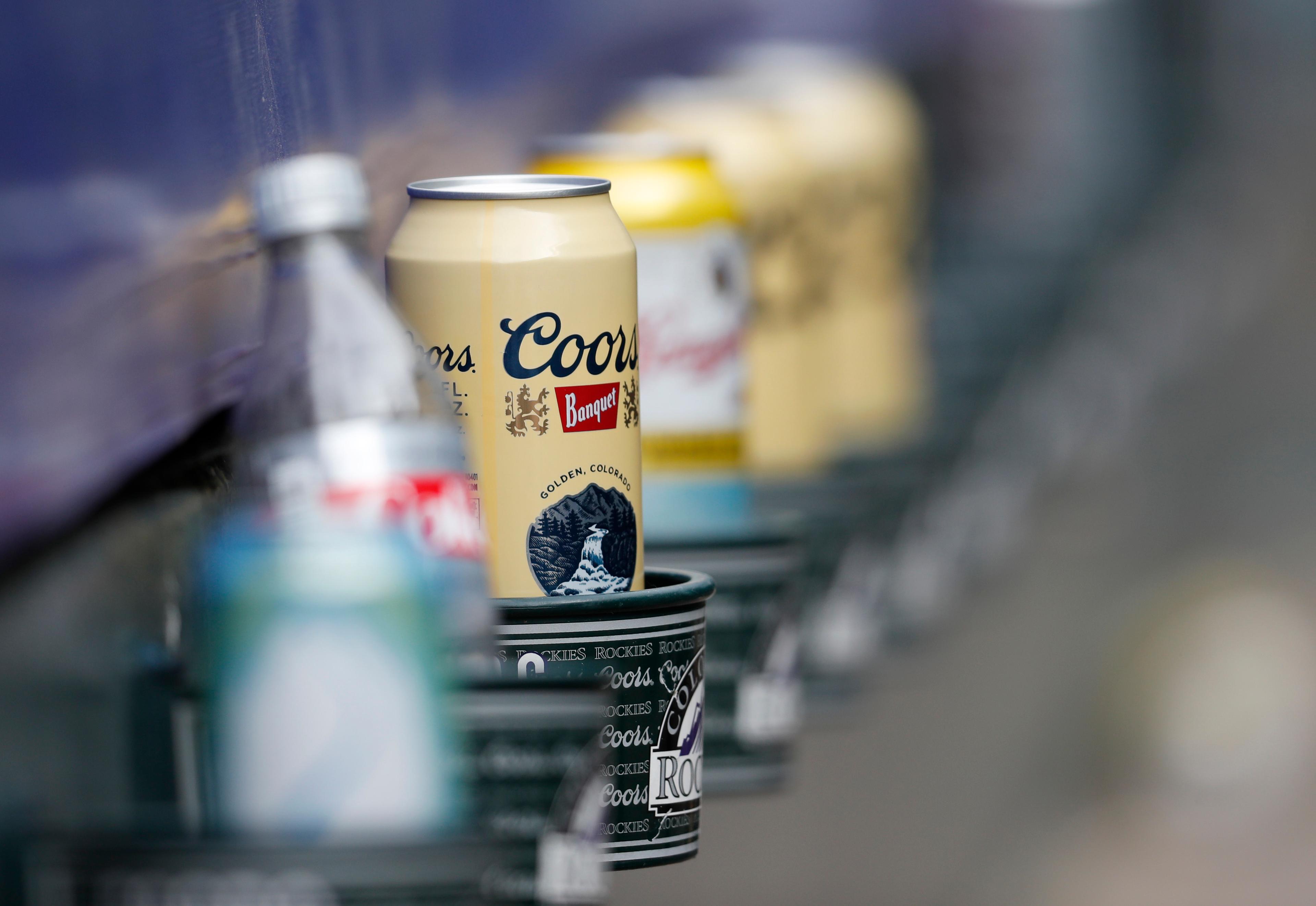
In the face of consistently declining sales, Molson Coors Brewing, among Colorado’s most iconic businesses, plans a major shakeup, moving its headquarters out of the state.
“Our business is at an inflection point,” said CEO Gavin Hattersley in a press release announcing the changes. “We can continue down the path we’ve been on for several years now, or we can make the significant and difficult changes necessary to get back on the right track.”
Most notably for Denver, the massive brewer plans to close their Denver office and consolidate their headquarters in Chicago. The company estimates it will reduce its global workforce by 500 employees, but it’s not clear how many positions will be lost in Denver.
The company said it will “unlock” $150 million by simplifying its corporate structure.
The shakeup will also sever day-to-day ties with former CEO Pete Coors, great-grandson of company founder Adolph Coors, who will retire from his position as chief customer relations officer. He will remain as vice chair of the Molson Coors board and occasionally serve as an ambassador for the company.
It’s not all bad news for the metro area. Molson Coors will invest “several hundred million dollars” on upgrades to the Golden brewery along Clear Creek. The company said it’s not using the cost savings from the restructuring to pay for the plant's modernization.
In a statement issued Wednesday afternoon, Gov. Jared Polis focused on the company's commitment to invest in the Golden brewery.
“This is disappointing news, but we’re excited about the hundreds of millions in investment the company is making in the Golden facility," Polis said.
Coors believes that the changes in Golden will allow “more flexible capacity to better meet demand.”
“For nearly 150 years we have brewed great beers in Colorado, and we will continue to brew great beers in Colorado for hundreds of years to come,” Hattersley said.
Molson Coors hopes to be nimble enough to bring new products to market in as little as four months in order to take advantage of changing consumer preferences.
It’s those same changing preferences that have shaken the industry. Sales revenue was down another 3 percent in the third quarter of 2019, according to the company. Once dominant, large domestic brands have watched, almost helplessly, as craft beer and things like hard seltzer eat away at big legacy names like Miller, Bud and Coors.
Molson Coors believes it can both invest in new products (like hard coffee and cannabis beverages) and also prop up the well-known beers. The company said the largest brands in its portfolio will get big marketing investments in part “by focusing on recruitment especially of new legal age drinking consumers.”








